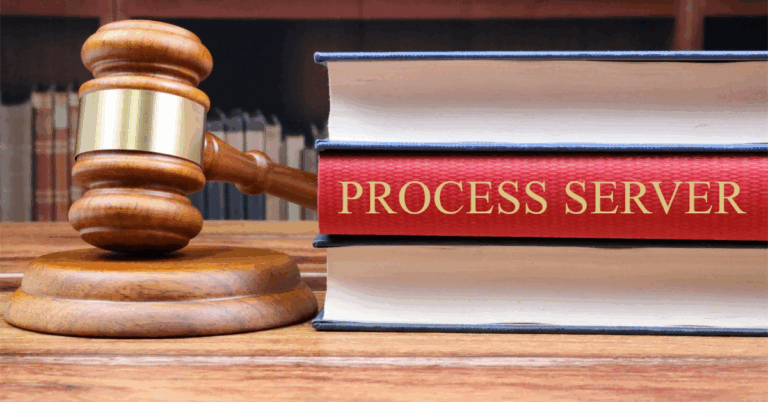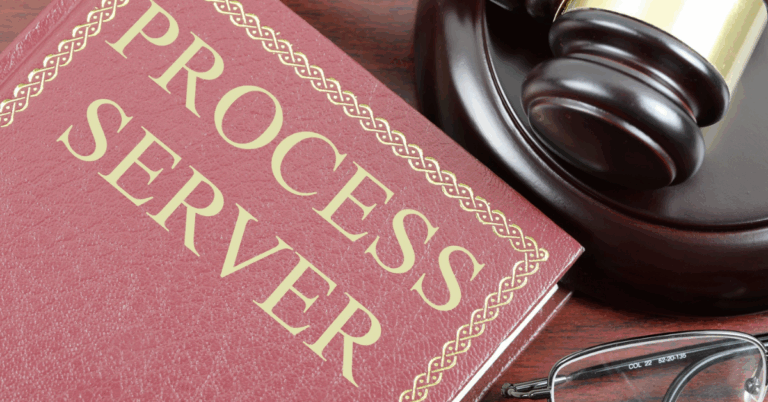What Is an Apostille Certificate and Why You Might Need One
In today’s globalized world, international travel, employment, education, and legal matters often require you to submit official documents abroad. If you’re asked to prove the authenticity of a U.S. document in another country, you’ll likely need an apostille certificate.
But what exactly is an apostille? Who issues it? And how can you get one quickly and correctly?
At RAIS Apostille Services, we specialize in helping individuals and businesses obtain apostille certificates with ease and speed. In this complete guide, we explain everything you need to know about Apostille Certificate — from definition and purpose to document eligibility, processing, and costs.
What Is an Apostille Certificate?
An apostille certificate is an official government-issued authentication that certifies the legitimacy of a public document — verifying the signature, seal, and capacity of the person or authority who signed it.
The apostille makes your document legally acceptable in any country that is a member of the Hague Apostille Convention of 1961. Without it, your document may be rejected for international use.
It’s used instead of consular or embassy legalization when dealing with Hague Convention countries.
What Does an Apostille Certificate Look Like?
An apostille certificate is typically:
-
A separate document stapled to your original
-
Issued by a Secretary of State (for state documents) or U.S. Department of State (for federal documents)
-
Contains a seal, signature, date, and official certificate language
It includes the following fields:
-
Country of origin
-
Name of the signatory
-
Capacity of the signatory
-
Name of the authority issuing the apostille
-
Date and place of issuance
-
Apostille certificate number
Why Would You Need an Apostille Certificate?
You may need an apostille certificate if you’re using U.S. documents abroad for:
-
Immigration or visa applications
-
Dual citizenship or residency
-
Foreign marriage or divorce registration
-
Adoption proceedings
-
Business incorporation abroad
-
International banking and finance
-
School enrollment in another country
-
Inheritance and estate matters
Basically, anytime you’re submitting official documents to a foreign government, university, or legal body, an apostille certificate may be required.
What Types of Documents Can Be Apostilled?
You can obtain apostille certificates for various public documents issued in the U.S.
State-Issued Documents:
-
Birth certificates
-
Marriage certificates
-
Divorce decrees
-
Death certificates
-
Power of attorney
-
School diplomas and transcripts
-
Driver’s licenses (notarized copies)
-
Notarized personal or business documents
Federal Documents:
-
FBI background checks
-
Social Security letters
-
IRS letters
-
Naturalization certificates (via certified copies)
-
Federal court documents
-
U.S. Patent and Trademark documents
📝 Important: Personal or business documents must often be notarized before being eligible for an apostille.
Who Issues an Apostille Certificate in the U.S.?
Apostille certificates are issued by different authorities depending on the type of document:
✅ For State-Issued Documents:
Each state has a Secretary of State’s office that handles apostilles for documents issued in that state.
For example:
-
California marriage certificates → California Secretary of State
-
New York diplomas → New York Department of State
-
Florida notarized documents → Florida Secretary of State
✅ For Federal Documents:
Federal documents like FBI background checks or documents from federal agencies must be apostilled by the U.S. Department of State – Office of Authentications in Washington, D.C.
How to Get an Apostille Certificate: Step-by-Step
Step 1: Identify the Document Type
-
If it’s state-issued (birth certificate, diploma), the apostille comes from that state’s office.
-
If it’s federal (FBI background check), you’ll need the U.S. Department of State.
Step 2: Prepare the Document Properly
-
Original or certified copies are usually required.
-
Notarization is often necessary for personal or private documents.
-
Translations (if needed) must be certified separately.
Step 3: Submit the Document for Apostille
You can send your document to the proper issuing agency yourself — or save time and avoid rejections by using a professional apostille service like RAIS.
Step 4: Receive the Apostille Certificate
Once approved, your apostille certificate will be issued and attached to your document. It can then be sent to the destination country.
How Long Does It Take to Get an Apostille Certificate?
Processing times vary:
| Type of Document | Standard Time | Expedited Time |
|---|---|---|
| State-Issued | 5–15 business days | 1–4 business days |
| Federal Documents | 4–8 weeks (US Dept. of State) | 7–10 business days (via RAIS) |
With RAIS Apostille Services, we can often cut that time in half with our nationwide expedited solutions.
What If the Destination Country Is Not Part of the Hague Apostille Convention?
If your target country is not a member of the Hague Convention (such as the UAE, China, Qatar, or Saudi Arabia), you cannot use an apostille. Instead, you will need to legalize the document, which includes:
-
Notarization (if required)
-
State authentication
-
U.S. Department of State certification
-
Consulate or embassy legalization
We also provide full consular legalization services for non-Hague countries.
Why Choose RAIS Apostille Services?
At RAIS Apostille Services, we’ve helped thousands of clients across the U.S. and internationally apostille their documents correctly and quickly. Here’s why clients trust us:
✅ Nationwide Coverage
We process documents from all 50 U.S. states and federal agencies.
✅ Quick Turnaround
Standard and expedited services available based on your needs.
✅ Expert Support
Our experienced staff ensures your documents meet all apostille requirements.
✅ Secure Handling
We prioritize the confidentiality and security of your personal documents.
✅ 100% Satisfaction Guarantee
We don’t stop until your documents are correctly processed.
Frequently Asked Questions (FAQs)
Q1: What does an apostille certificate look like?
A: It’s usually a single-page certificate with a government seal, attached to your document. It verifies the signature, stamp, or seal on the original.
Q2: Can I get an apostille for any document?
A: Not all documents are eligible. Only public documents (certified or notarized) can be apostilled. Personal letters or printouts without a notary cannot.
Q3: Do I need to translate my document for apostille?
A: No. Apostilles are issued on original documents. If the receiving country requires a translation, it must be certified and often apostilled separately.
Q4: Can I apostille documents issued in another state?
A: Yes — but only through the Secretary of State where the document originated. RAIS handles multistate apostilles for your convenience.
Q5: Can I track my apostille application?
A: Yes! We provide real-time updates and tracking when you use RAIS Apostille Services.
Need an Apostille Certificate? Let RAIS Help You Today
Getting an apostille certificate doesn’t need to be confusing or time-consuming. At RAIS Apostille Services, we handle the legwork — so you don’t have to worry about complicated forms, rejections, or missed deadlines.
We’re here to ensure your documents are processed quickly, securely, and correctly the first time.







